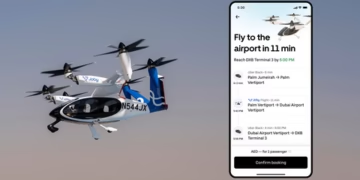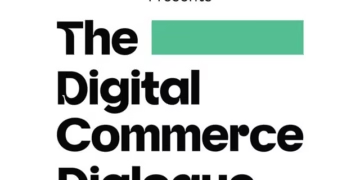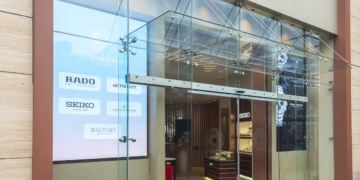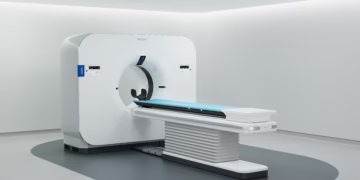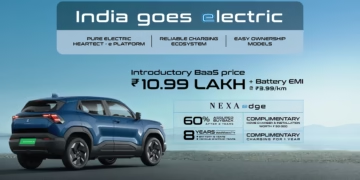- May 2, 2019
- Around 40 percent would replace their car keys with an app.
- The new “Perfectly keyless” app offers drivers both security and convenience.
- Stuttgart – Seventy-six percent of Germans found their car keys a pain at one time or another. That is the result of a representative survey conducted by PULS, a market research institute, on behalf of Bosch*. Especially drivers below the age of 40, and those who drive a lot, have had negative experiences with conventional car keys. It starts with simple logistics: they don’t know where to put their keys (45 percent of respondents), e.g., when at the swimming pool, they misplace them and take ages to find them again (44 percent), while some have even lost them altogether (38 percent). Some used to view car keys with wireless remote controls and automaker’s logo as a status symbol; now only 6 percent of those surveyed do. It comes as no surprise, then, that around 40 percent of respondents could already imagine replacing them with a smartphone app. “The advantages of a digital car key are obvious – it is convenient, secure, and available any time and anywhere”, says Harald Kröger, president of the Bosch Automotive Electronics division. Bosch is developing the Perfectly keyless app to enable drivers to automatically unlock and start their vehicles without using a key or reaching for their smartphone. Sensors integrated in the vehicle recognize the owner’s smartphone and unlock the vehicle door for that person only; the level of security offered is comparable to fingerprint technology. It is no problem to deactivate the system if the smartphone is lost. The app can also be used to allow access by other drivers for a limited period of time.
-
“ The advantages of a digital car key are obvious – it is convenient, secure, and available any time and anywhere. ”
Harald Kröger, president of the Bosch Automotive Electronics divisionFrom smartphone to car key
Nowadays, most people don’t go anywhere without a smartphone. The majority of those surveyed use their phones to take photos and shoot videos (74 percent), to surf the web (70 percent), and to write e-mails (55 percent). Forty-six percent of men, 32 percent of women, and every second SUV driver were excited by the prospect of having a digital car-locking app on their smartphones. People who drive between 15,001 and 20,000 km/year (49 percent) or more than 20,000 km/year (51 percent) are especially open to such a system. Even more than one in two users of contemporary keyless entry systems (54 percent) could imagine replacing them with an app. After all, with the keyless entry systems currently in use, drivers still have to carry the key in their jacket or pants pocket, or in a handbag – so it can still be forgotten or misplaced. “In recent years, a large number of everyday applications and devices have been transformed into smartphone apps. Ten years ago, it was perfectly normal to have a separate camera and cell phone, but now that has changed. It’s time for the smartphone to replace our car keys,” says Kröger. The survey respondents, too, see multiple advantages in a digital car key: 30 percent like that they can deactivate the system online if they happen to they lose their smartphone. Twenty-eight percent like the idea of using a smartphone to lock or unlock their car remotely. But the convenience factor is a big plus: 40 percent always have their smartphone with them anyway and 38 percent think it good that, with a smartphone app, they would never have to worry again about losing their car keys.“ In recent years, a large number of everyday applications and devices have been transformed into smartphone apps. Ten years ago, it was perfectly normal to have a separate camera and cell phone, but now that has changed. It’s time for the smartphone to replace our car keys. ”
Harald Kröger, president of the Bosch Automotive Electronics divisionProtecting radio and keyless locking systems against theft
The majority of German drivers currently lock and unlock their cars using systems whose codes can be easily intercepted and manipulated. The majority (almost two-thirds) have wireless remote controls for their cars. Sixteen percent have keyless locking systems, i.e., the doors unlock automatically when the driver approaches the vehicle. Although 87 percent of respondents consider wireless remote controls to be secure and 78 percent think the same of keyless locking systems, one in every five has had their car stolen or hacked, or knows someone who has. Instead of transferring data using LF and UHF technology, the Bosch system utilizes the smartphone as a virtual key and Bluetooth as the transmission technology. That means the signal cannot be intercepted. “If you lock and unlock your car with a smartphone app, you are using a future-proof technology and benefiting not only from considerably enhanced security, but also greater ease of operation,” says Kröger.*On behalf of Bosch, the market research institute PULS surveyed 1,046 German drivers between the ages of 18 and 69 in the period January 11–18, 2019.
Bosch survey: Two-thirds of German drivers find car keys a pain
Many drivers would prefer to start their cars using a smartphone
ADVERTISEMENT
ADVERTISEMENT

